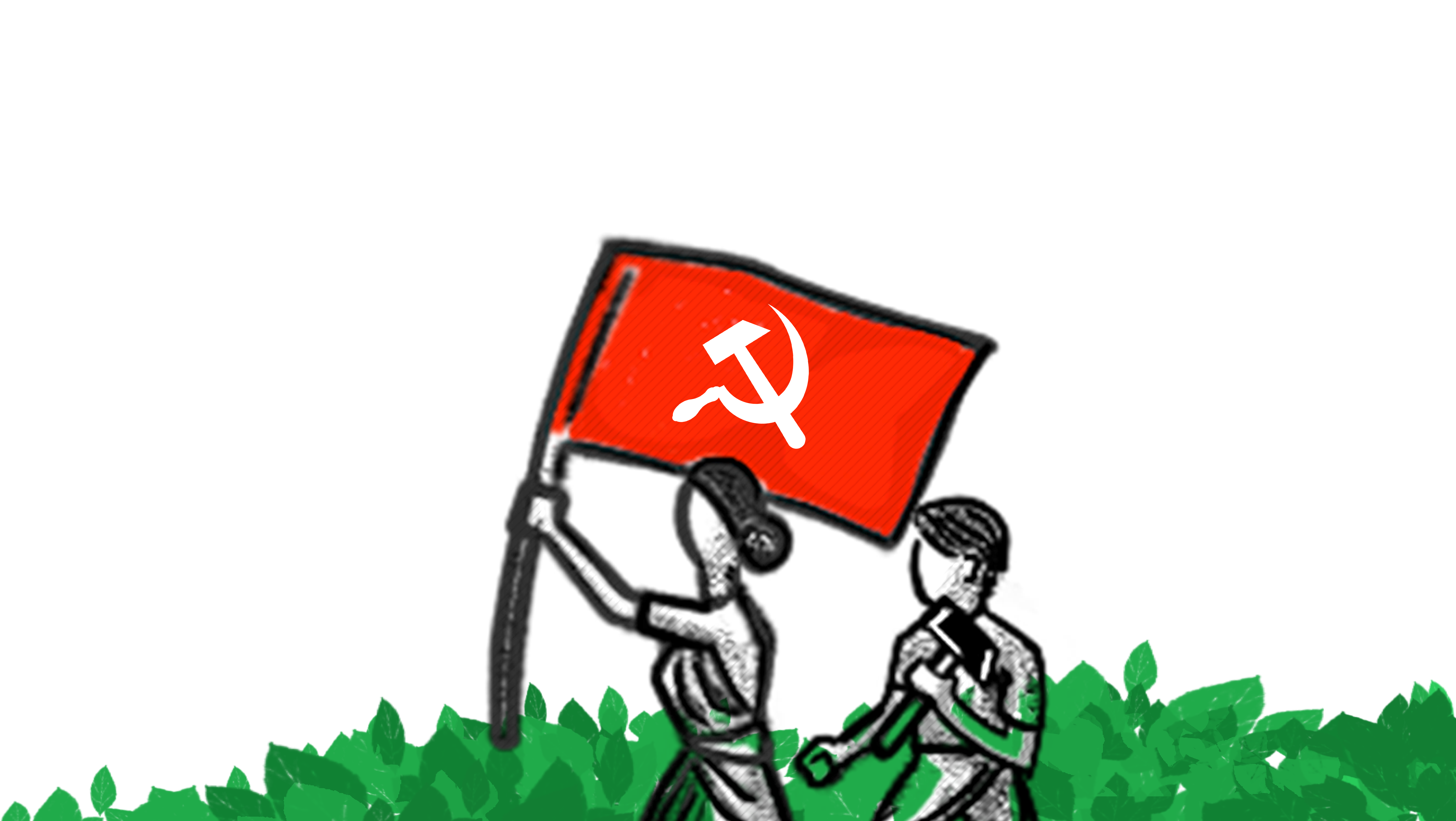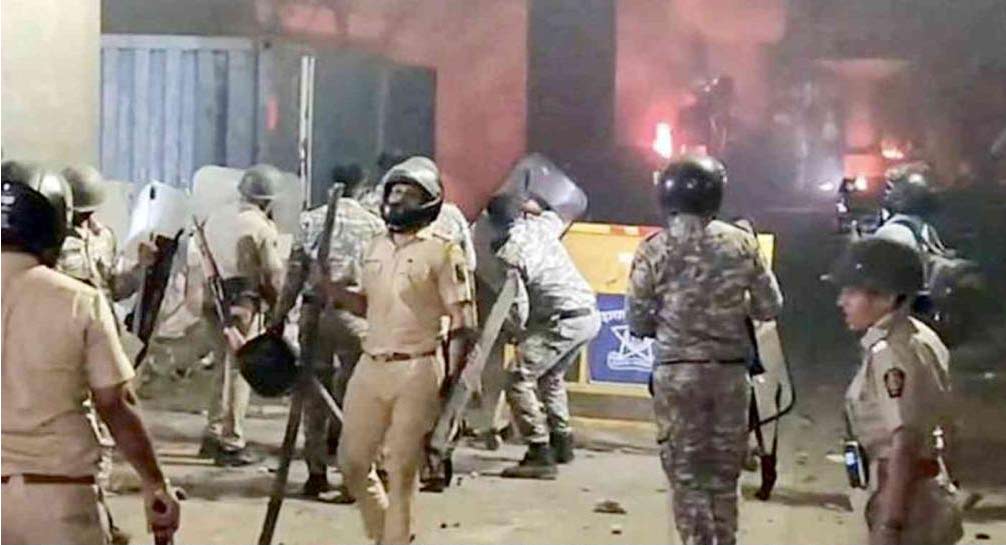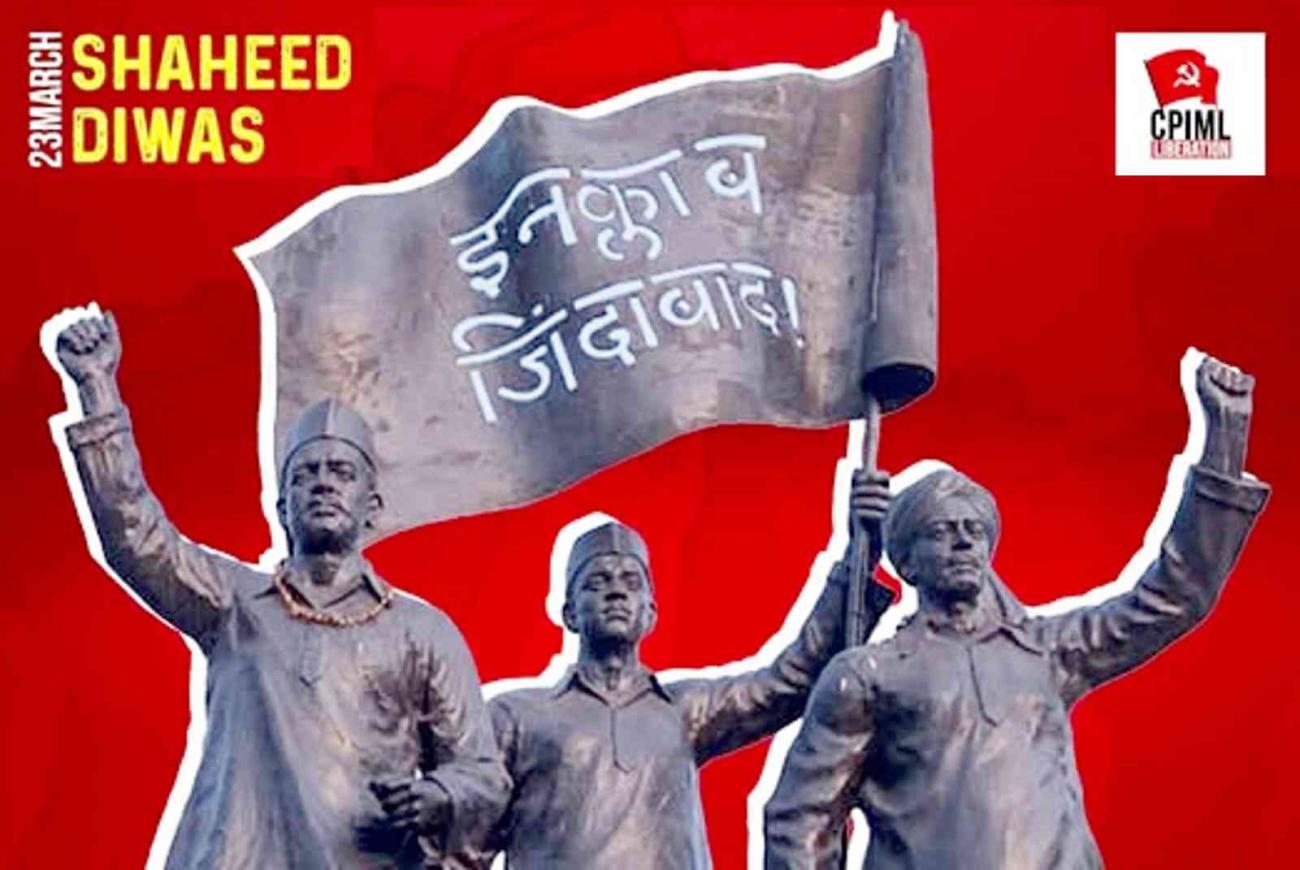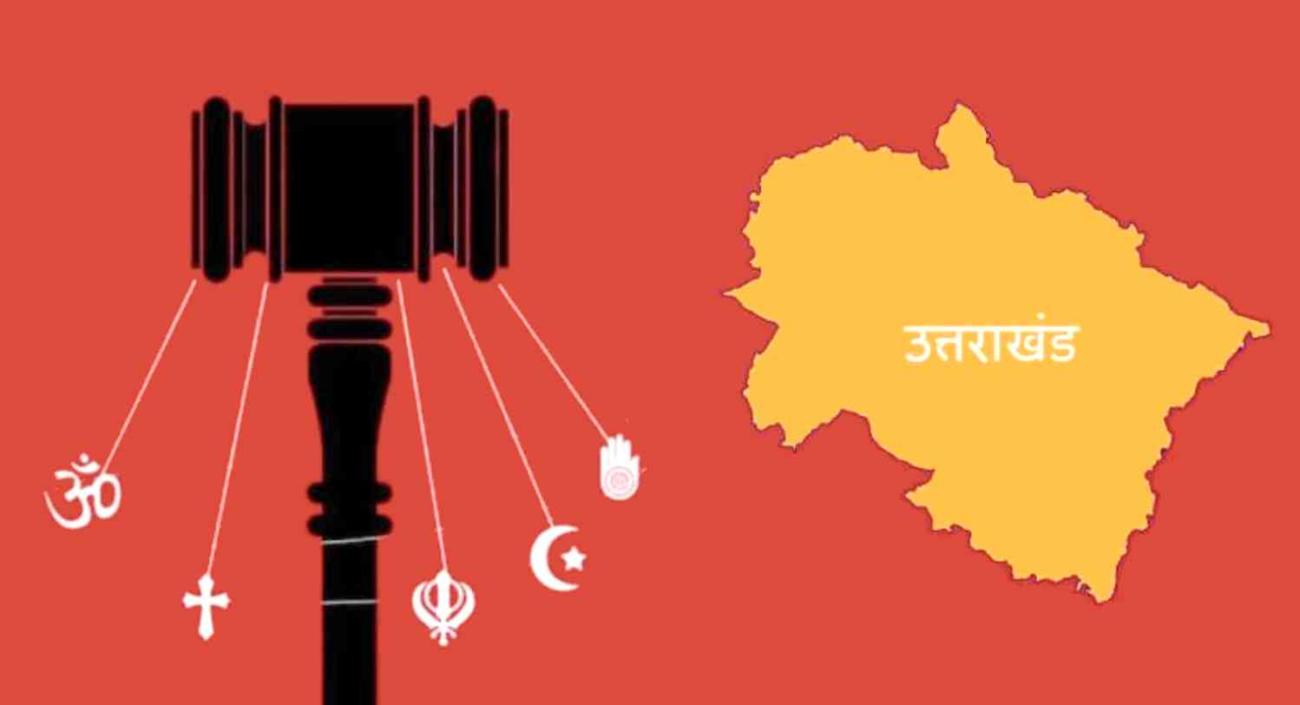Tulsi Ram joined the left movement by associating with AISF and CPI during his days in Banaras Hindu University. Later he joined JNU and after his finishing his PhD in International Politics, got appointment as a faculty in the same university. Besides engaging in research in Marxism, International Politics, in particular the international politics during the period of Soviet Union, he also studied Buddhist perspectives and Ambedkarism, assimilating his understandings of them in his larger understanding of politics.
Besides being very well grounded in Ambedkarite thought, he remained a Marxist till his last breath. He never resorted to rhetoric or non-constructive criticism of the work culture of Communist parties on the issue of caste. Instead, he used the platforms available to him to present his nuanced understanding and analysis of the caste question. He wanted to resolve this question by engaging in criticism and introspection from within the Marxist organizational structure.
Today, when the Dalit movement is undergoing a great crisis and a deep process of introspection and inner struggle is underway, Prof. Tulsi Rams absence will be keenly felt. He used to say that one of the most dangerous trends for Dalit movement was the Dalits becoming casteist, and about the politics of BSP he used to say that BSP is making Dalits casteist.
Prof. Tulsi Ram played a significant role in the promotion and development of Dalit literature. His also played a crucial role as the President of Dalit Writers Association. He explained Dalit literature as the literature of liberation of the entire humankind. As a left activist he remained anti-imperial till the very end. CIA- Rajnaitik Vidhwans ka Amriki Hathiyar (CIA- American tool of Political Demolition), The History of Communist Movement in Iran, Ideology in Soviet-Iran Relations, and Angola ka Mukti Sangharsh (Freedom Struggle of Angola) are some his prominent works. Prof. Tulsi Ram also edited the magazine Ashvaghosh. In 2012 he was part of the Citizens for Justice for Bathani Tola platform. His demise is an irreparable damage to the culture of rational and dialectical materialist intellectual traditions and the Left-Dalit movements in India.





